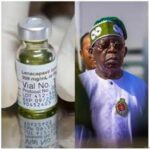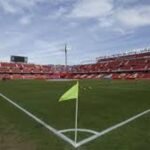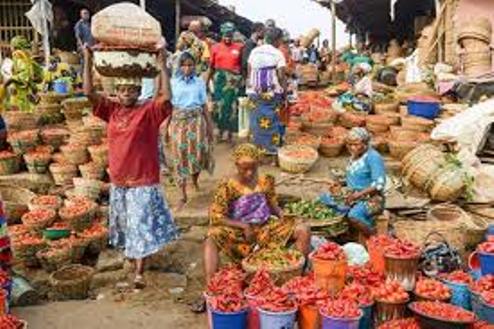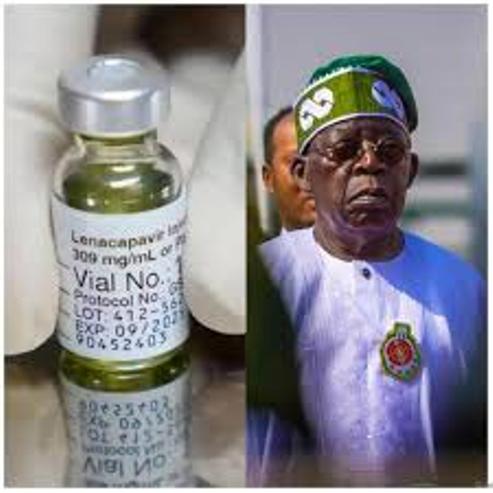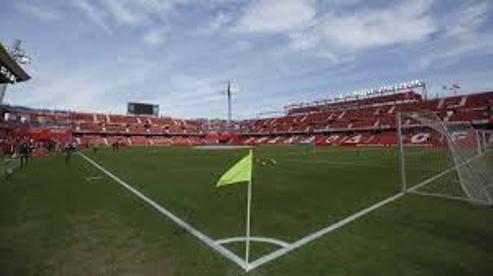LAGOS JULY 21ST (NEWSRANGERS)-Shoppers and traders in some Lagos markets have expressed frustration that the recent drop in Nigeria’s headline inflation rate has not translated into any relief at the market, as the prices of staple food items remain significantly high.
The National Bureau of Statistics (NBS) last week announced that the country’s headline inflation rate dropped to 22.41 percent in June 2025, down from 33.95 percent in May.
The drop followed a rebasing of the Consumer Price Index, with 2023 adopted as the new base year instead of 2009.
However, findings from a market survey conducted at Agege and the popular Sunday Market in Ogba showed that consumers are still paying more for food items.
A 50kg bag of foreign rice currently sells for between N77,000 and N88,000, depending on brand, while a paint of locally sold rice now goes for as high as N6,500—up from N4,500 in previous weeks. A 5-litre keg of red oil, which previously cost N8,500, is now being sold for N10,000 in many parts of Ogba.
Charity Abeyi, a buyer at the Ogba Sunday Market, lamented how the steady increase in prices has forced her to cut down on her usual market list.
“Last week, I bought a paint of rice for N4,500 and now it is N6,500. I also bought red oil for N10,000. The money I planned for three items can now only buy two,” she said.
Traders say insecurity and poor road infrastructure in food-producing regions, especially in the North, have made supply more difficult and expensive.
Omobolanle, a tomato and pepper seller at Agege Market, attributed the high cost of pepper to reduced supply from the North.
“Hausa pepper is scarce now. What we have is mostly Yoruba and Ghana pepper, which is why pepper is expensive,” she said.
“Some of the markets we used to buy from in the North have not reopened in years. We just manage what we have,” she added.
A 1kg portion of pepper now sells for as high as N5,470, while a small bowl of red bell pepper was seen selling for N10,000 at the Ogba Sunday Market.
Traders say the situation has significantly affected their sales volume. Chinonso Fredrick, who sells foodstuffs in Ogba, said many of his regular customers now buy in smaller quantities.
“People used to buy in bags or half-bags. Now, it’s Derica or half-paint,” he said.
“Before, I used to make ₦250,000 in daily sales. Now, I struggle to get half of that.”
In Agege, Eyinade Adebowale, a buyer, called for targeted interventions at the state level to help reduce the burden on low-income households.
“Everything has doubled. The government needs to do something about food and housing. They should introduce price control policies or support local production,” he said.
Despite the reported drop in inflation, many traders and consumers believe the government must go beyond macroeconomic data to tackle the cost of living crisis. They say any meaningful relief must be felt at the markets where ordinary Nigerians continue to struggle with rising food prices.
DailyPost
For media advert placement, events coverage, media consultancy, placement of publications and further inquiries please WhatsApp 2348023773039 or email: labakevwe@yahoo.com
